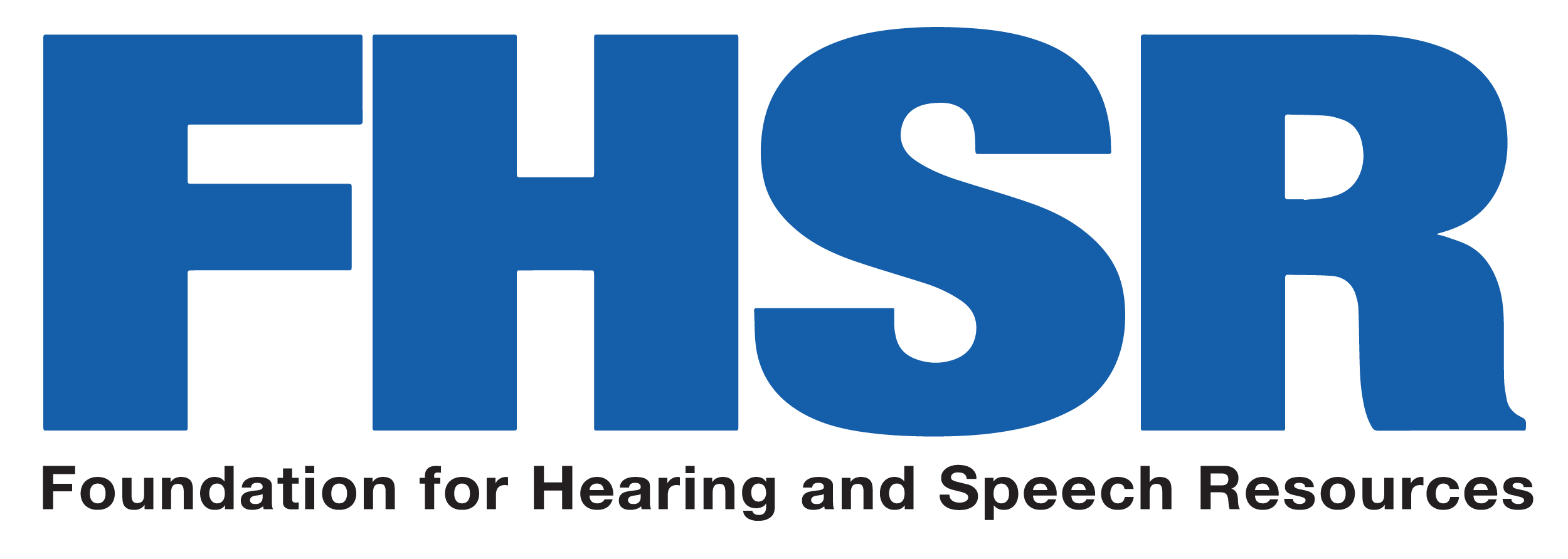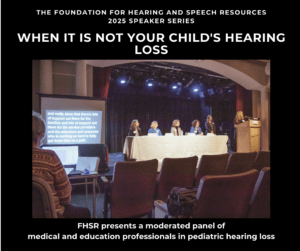
When my son (who was born deaf and received cochlear implants at 6 months) was in second grade, he struggled with spelling. Because he was at a private school, support services were not available to him so we had his teacher work with him after school to help him learn how to spell and strengthen his reading skills. For the entire school year we went back and forth about why he could not spell even simple words such as “said.” All the educators immediately blamed his hearing loss, saying he could not hear the words or sound out the letters. After many trips to the audiologist for remapping, he wasn’t making any progress. We were all frustrated and worried.
How does a parent know when to ask for other support when you have a deaf or hard of hearing child?
When is it in fact NOT the hearing loss, but another issue that may be causing your child to struggle?
The latest research has provided a startling statistic: for children with hearing loss, the comorbidity rates are 40-60%. (That is, 40-60% of kids with hearing loss also have another diagnosable condition or disability.)
When does a parent or caregiver trust their instinct or an educator make the bold recommendation for additional testing for a child who has academic or behavioral challenges?
At FHSR we are committed to providing parents, caregivers and service professionals with current information to help make them the child’s best advocate, especially when it comes to education. To that end, we will be hosting a panel discussion in early 2025 to provide insight and key information on what to consider if a DHH child is struggling academically and behaviorally and when to seek another explanation for their struggles.
Thursday, February 6, 2025
6 – 9PM
Elmhurst University
Schaible Science Center
Illinois Hall
190 Prospect Avenue
Elmhurst, Illinois
We will have an in-depth panel discussion, led by Dr. Anna Tess, our Education Coordinator.
Featuring Keynote speaker; Dr. Lori Tall, PsyD
Panelists:
Katherine Farnsworth, AuD CCC-A ; Kate Gilliat M.S./CCC-SLP, Megan Worthington, AuD, Heather Bennett, MBA CDI.D
As for my son, his third grade teacher was the one who said there was an underlying condition that we needed to address. On this advice, we had him tested and it turns out that, in addition to hearing loss, he has dyslexia.
It was NOT the hearing loss!
This information became a powerful tool that led us to create his 504 Plan and add the reading remediation that provided the scaffolding he needed to be successful. Sometimes our parent-sense throws up a flag and sometimes it takes an educator to remind us to listen and seek additional support. The important part is to always be aware of other challenges that your deaf or hard of hearing child may be facing. By building a supportive education team for your child, and always being their best advocate, and you will place them on the road to success.
Written by:
Kristen Van Dyke
FHSR Executive Director




